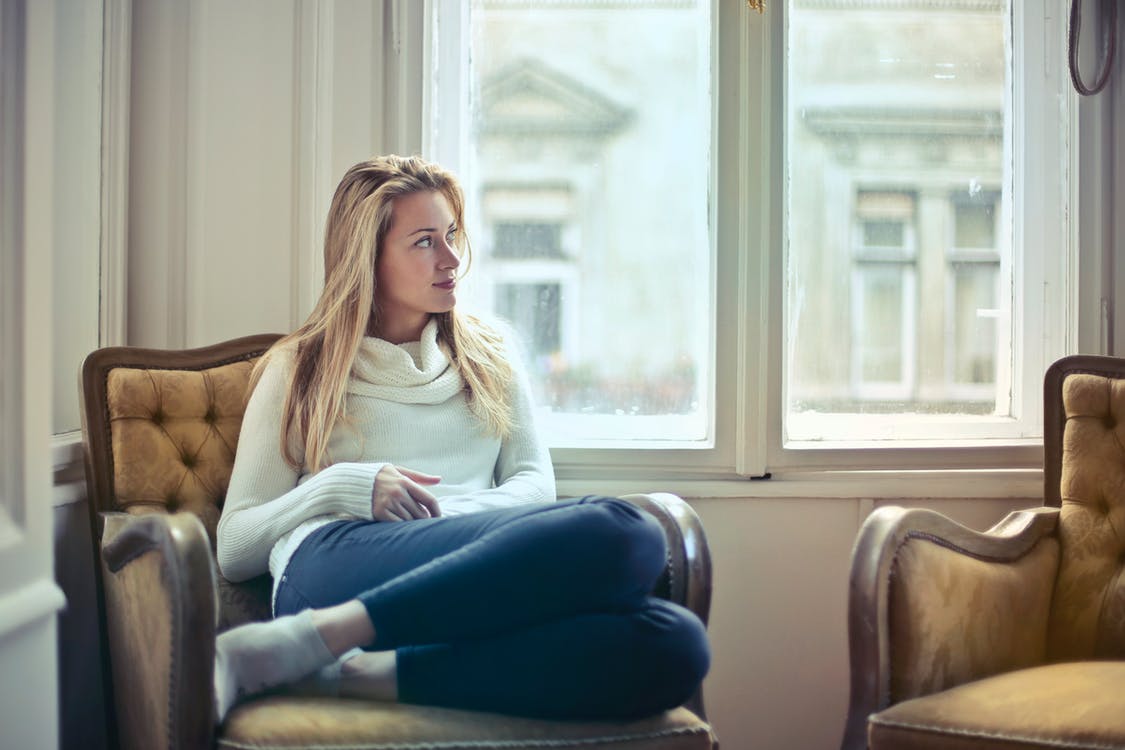In November 2017, Noah and I went to Israel together. Noah is Jewish, I’m not. But after I married him, and probably even before, it became clear that Judaism would become an important part of what I would call our identity. We were trying to figure out, and still are, what Judaism means for us and our identity as a millennial, interfaith, multilingual, cross-cultural couple. We talked a lot about identity on the trip. A lot about Noah’s identity and what being Jewish means for him–and for me by association.
Again, I’m not Jewish but the more I started thinking about it, the more I felt like I could relate. Jews were and still often are considered a minority. They had their own language, Yiddish, and had to preserve their culture and traditions throughout history. I can relate to that. I’m from Luxemburg and live in the US. I’m what you would call well-integrated. Almost assimilated. But still, I grew up in a different country, with a different native language, and was raised with different traditions and rituals.

What does that all mean? I found myself deeply confused about my identity. So when I came back, I decided to get a 23andMe gene test. The goal was to get more clarity about where I came from. Maybe in a hope to have this magical revelation about my identity.
Really, I’m struggling with this question more now than ever before. I became an American citizen last September. It’s the ultimate assimilation in some way. But I’m not American. I was made in Europe by two European parents (French and Danish ancestors, as far as I knew) so I felt like I needed to know on paper where my genes came from, so I could counter what my passport now says.
I’m not American because I didn’t grow up here. I didn’t learn English until I was 15, and I didn’t know who Seinfeld was until I was 22. While I get most of the jokes my coworkers make, and I understand why Super Bowl Sunday is a national holiday that we all care about, I’m still not always feeling it in the same way I feel things that relate to Luxemburg and the language I grew up speaking.
But then, I am American too sometimes. Because I love living here, specifically in NYC. I love the sense of entrepreneurship in this country and I love my husband, my family here, and my friends. I pay taxes here, work for an American company, vote and take part in protests. I don’t do any of that for Luxemburg.
So then, one Sunday night I received an email from 23andMe. I had almost forgotten about it and agreed with myself that I could just be a little bit of everything. Turns out, generally speaking, I’m 100% European. Honestly, I was kind of disappointed. But what was I expecting? Some hidden Ashkenazi Jewish roots? And also, didn’t I want to be one thing only?
100% European. Really, 48% German-French, 30% Eastern European, and the rest a mix of Scandinavian and Southern European. Wow. I was expecting to feel relieved, excited, happy, to find out my results. But really, I felt even more confused about my identity. Although none of this was really new, maybe I felt confused because it wasn’t new. Nor clear.
My DNA is a mix of things. So is my nationality. And my identity is a representation of that. The feeling of not knowing exactly “what” I am can be disconcerting. I have a deep desire to belong to one thing or a group, to share commonalities. But then I realize we do that simply by being human. And all identity is a construct, a human fabrication that lets us make distinctions, serving as a way to separate ourselves from others. It’s a fable we believe in. It makes us feel good when we can share and relate, yet in the same way, it can create pain and conflict.
So maybe the takeaway is that I’ll put my identity quest on hold for a bit, and I’ll try to find comfort in the fact that it’s artificial anyway. But I am definitely curious to find out who these Eastern European ancestors were 😉
Have you taken a gene test? What did you make of your results?
Also by Isabelle: How I Made a Glam 3 Tier Vegan Wedding Cake & Lived to Tell the Tale
Related: Gender Identity and Why I Prefer to Be Addressed by ‘They’
What It’s Like To Grow Up On 3 Different Continents By Age 20
Get more like this–sign up for our newsletter for exclusive inspirational content!
__
Photo: Pexels
